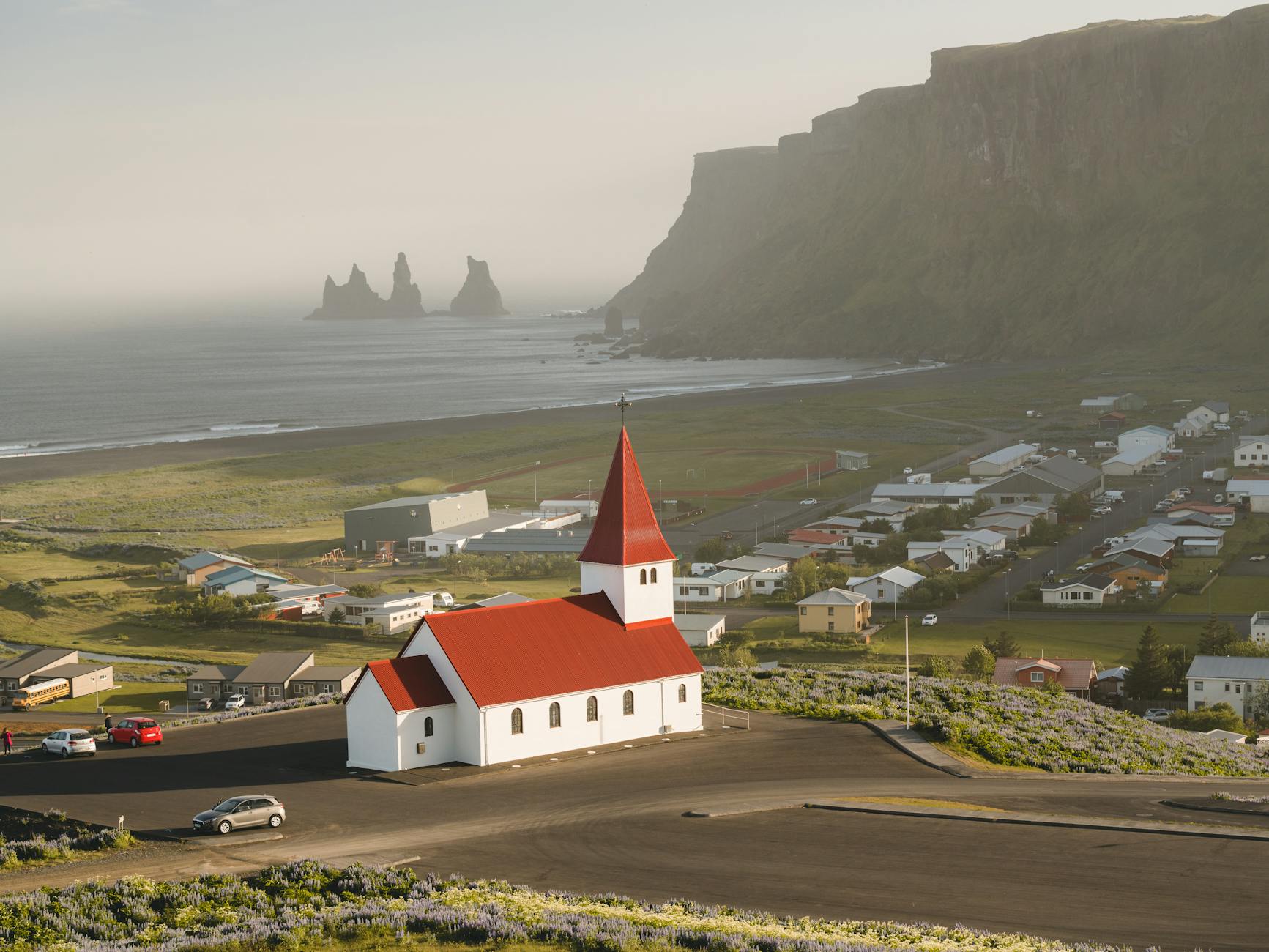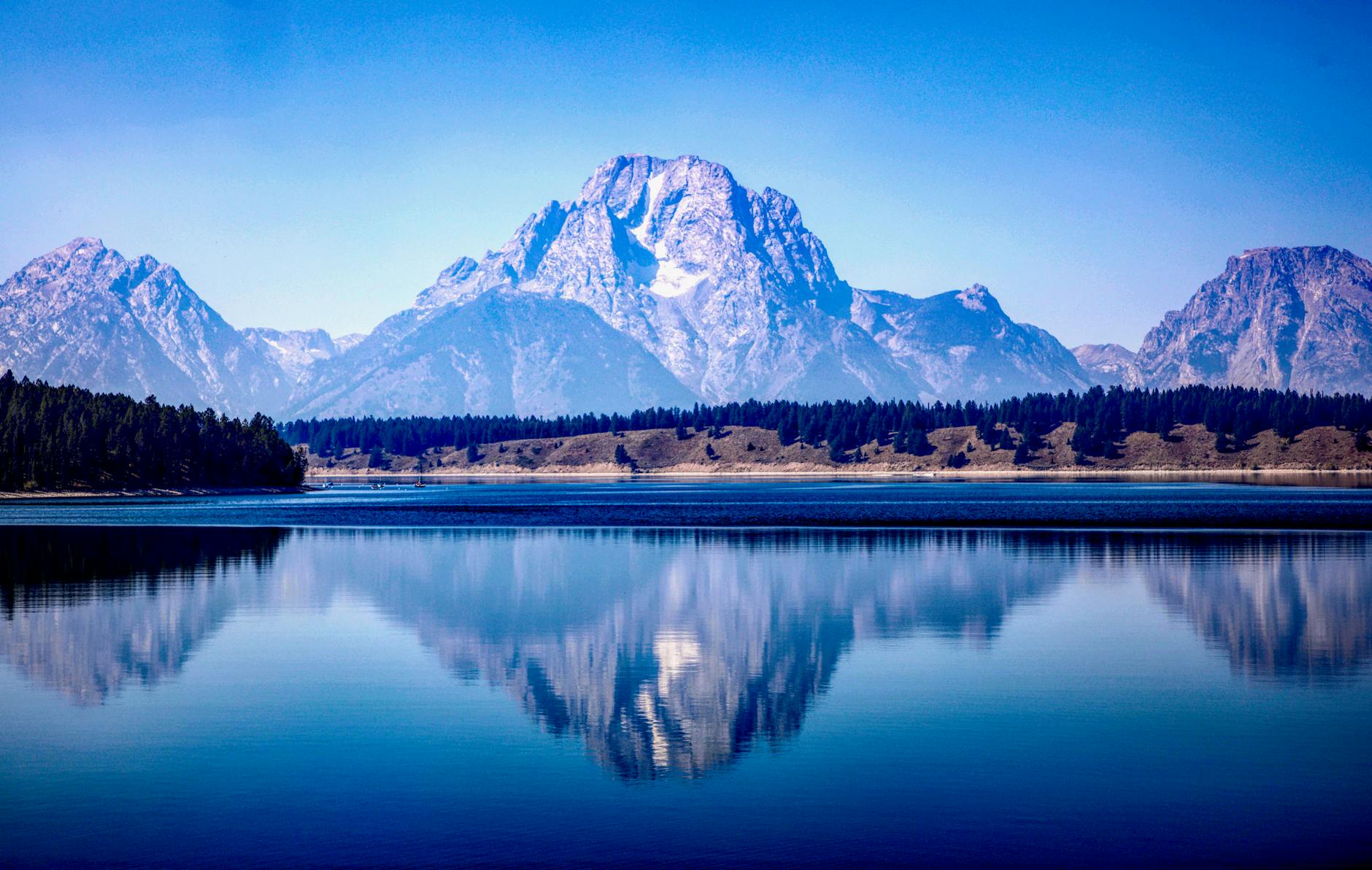Why Biodiversity Conservation in Australia Offers Unique Insights for Global Efforts

Australia's Unique Biodiversity
Australia’s biodiversity is as diverse as it is fascinating. During my recent visit to the Brisbane Botanic Gardens at Mount Coot-tha, I was reminded of how our continent boasts an array of ecosystems, from lush rainforests to arid deserts. This diversity is unmatched, offering unique habitats that support an extraordinary range of life forms.
Diverse Ecosystems
Australia's ecosystems are not just diverse; they are complex and interdependent. From the Great Barrier Reef's marine life to the flora and fauna of Tasmania's wilderness, these ecosystems are crucial for scientific study and conservation. In my fieldwork, akin to experiences in Central America travel, I see how different environments host species uniquely adapted to their settings.
Endemic Species
The presence of endemic species in Australia is a testament to our isolation. Kangaroos, koalas, and platypuses are iconic examples, each contributing to the ecological balance. Studying these creatures offers insights into evolutionary processes similar to those I encountered during Kenya tours.
Threats to Biodiversity
Despite its richness, Australia's biodiversity faces threats from urbanisation, invasive species, and climate change. It's a challenge akin to those observed on Antarctic tours, where fragile ecosystems are at risk. Research is key to mitigating these impacts, ensuring these vital habitats are preserved for future generations. Understanding and protecting our natural wealth is not just an academic exercise but a crucial endeavour.
Conservation Strategies Down Under
Protected Areas
In my work as a field biologist, I've observed the impactful role that protected areas play in Australian conservation. These regions, much like the cherished Brisbane Botanic Gardens at Mount Coot-tha, serve as vital sanctuaries for numerous species. Australia's network of protected areas is extensive, encompassing national parks, nature reserves, and marine parks that collectively safeguard unique ecosystems and biodiversity. This approach mirrors efforts on a broader scale, such as Tanzania safari zones, where habitats are preserved for both wildlife and ecotourism benefits.
Anti-Poaching Efforts
Poaching poses a significant threat to global biodiversity, and our Australian experience in tackling this issue has proven insightful. Among the successful strategies are community-based initiatives that involve local populations in anti-poaching activities. This model fosters a sense of ownership and empowers communities to protect their natural resources. The strategies employed are not unlike those seen in African safari conservation efforts, where cooperation among various stakeholders is crucial. I've personally advocated for the use of technological innovations, such as drones and motion sensors, which are effectively employed to monitor and deter poaching activities.
Habitat Restoration
Restoring habitats is pivotal in reversing ecological damage and securing the survival of numerous species. Through targeted restoration projects, we can revitalize degraded lands and maintain ecosystem balance. Projects focusing on reforestation and the rehabilitation of wetlands have been instrumental in preserving Australia's diverse wildlife. Comparatively, these initiatives are akin to international conservation tactics, such as those observed in Cuba travel environmental schemes, demonstrating the universal applicability of restoration efforts. Meticulous planning, community participation, and scientific research are key elements I've encountered in successfully implementing these projects.
Collaborative Efforts for Global Conservation
Lessons from Indigenous Practices
Drawing lessons from the Indigenous practices in Australia provides a valuable template for global conservation efforts. I recall a fascinating visit to the Brisbane Botanic Gardens at Mount Coot-tha, where I learned about local Aboriginal fire management techniques. These practices promote biodiversity by mimicking natural fire cycles, which create habitats for various species. Such indigenous methodologies, when integrated into broader conservation strategies, offer adaptive solutions that can be applied to environments worldwide.
Climate Adaptation Techniques
Australia's climate adaptation techniques serve as a blueprint for other nations. One standout method is implementing coral regeneration initiatives in the Great Barrier Reef. By pioneering coral farming and restoration, Australia is combatting reef bleaching—a method that can be extrapolated to similar ecosystems experiencing rapid climate stressors. Another impressive adaptation effort is the development of wildlife corridors to reconnect fragmented habitats. These strategies could be beneficial when considering the vast savannas of African tours or the rainforests highlighted in South American tours.
Cross-continental Collaborations
International collaborations amplify the effectiveness of conservation efforts. I've seen firsthand how Australian and African scientists exchange valuable insights on species migration. For example, the migratory patterns of elephants in Africa offer lessons on how to manage and monitor large mammals, mirroring practices in Australia. Such cross-continental efforts are crucial in tackling global biodiversity challenges, creating a shared platform for knowledge exchange that paves the way for innovative conservation methodologies benefiting ecosystems across the planet.
Challenges in Conservation
Policy and Legislation
Navigating through policy and legislation in biodiversity conservation can often resemble a complex maze. From my personal experience during a detailed study at Zimbabwe safari, understanding local laws, international treaties, and compliance requirements was critical. Here in Brisbane, even institutions like the Queensland Museum and Sciencentre deal with legislative challenges, especially when it comes to species protection and international research collaborations. Despite Australia's robust environmental policies, inconsistencies and updates in the legal framework pose significant challenges for conservation initiatives.
Funding Limitations
Funding is a perennial challenge I've encountered frequently in fieldwork, such as during my collaboration on research proposals for South Africa safari. Securing adequate funding remains a formidable hurdle. Limited funding can severely affect research scope, technology access, and data collection. For professionals in environmental conservation, obtaining grants requires not only a strong case but also aligning project goals with broader conservation targets. Often, we've had to innovate, stretch resources, and collaborate internationally to maximise impact.
Human-Wildlife Conflicts
Human-wildlife conflict is another challenge that complicates conservation efforts. My fieldwork, particularly relating to projects that draw comparisons with the Lone Pine Koala Sanctuary, suggests that these conflicts arise from habitat encroachments or competition for resources. Strategic planning and community involvement are essential to mitigate these issues. Educating locals, implementing deterrent strategies, and ensuring coexistence can promote peaceful interactions between communities and wildlife. Each encounter and anecdote keeps highlighting the delicate balance we strive to maintain.
Best Practices in Biodiversity Conservation
Adaptive Approaches
Throughout my years as a field biologist immersed in the rich terrains of Queensland, particularly during data collection at the Lone Pine Koala Sanctuary, I have witnessed firsthand the absolute necessity of adaptive management in biodiversity conservation. This approach allows us to remain flexible and responsive to the dynamic nuances of natural ecosystems. Adaptive management focuses on monitoring, evaluating, and revising management strategies as new information becomes available. This practice has proven to be indispensable when dealing with the complex interplay of environmental factors affecting habitats, such as those observed at the Brisbane Botanic Gardens at Mount Coot-tha. Here, with its diverse plant species, the need to adapt to changing conditions like rainfall patterns is evident.
Community Engagement
In my fieldwork, the strength of communal involvement cannot be overstated. Engaging local communities fosters a shared responsibility for ecosystem health, transforming conservation areas into co-managed resources. This participatory approach, which I have applied during initiatives at the Queensland Museum and Sciencentre, not only educates but also empowers communities, enhancing their capacity to protect native flora and fauna.
Leveraging Technology
Modern technology is a cornerstone in advancing conservation efforts. Innovations such as satellite tracking of wildlife and geographic information systems accelerate our ability to collect and analyse data. While working with threatened species, these tools have expanded our capability to monitor populations and habitat changes rapidly, refining our conservation strategies.
Recognising these best practices is crucial for anyone invested in environmental conservation, as they reflect the synthesis of goal-oriented research and the practical realities of conserving Australia’s rich biodiversity.


